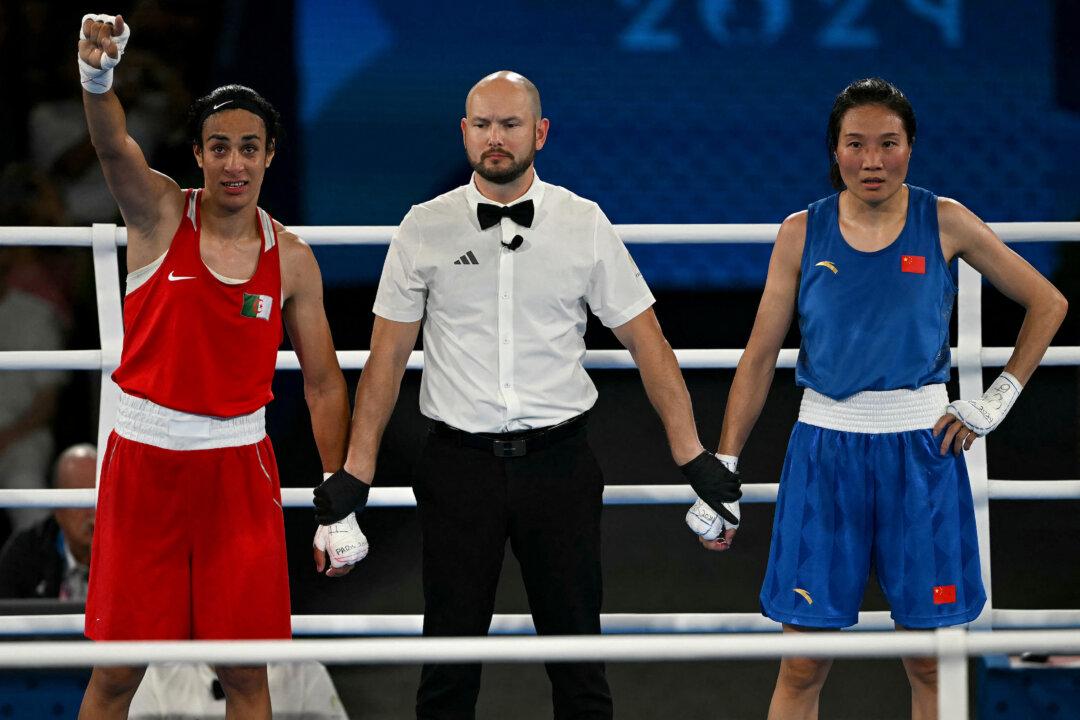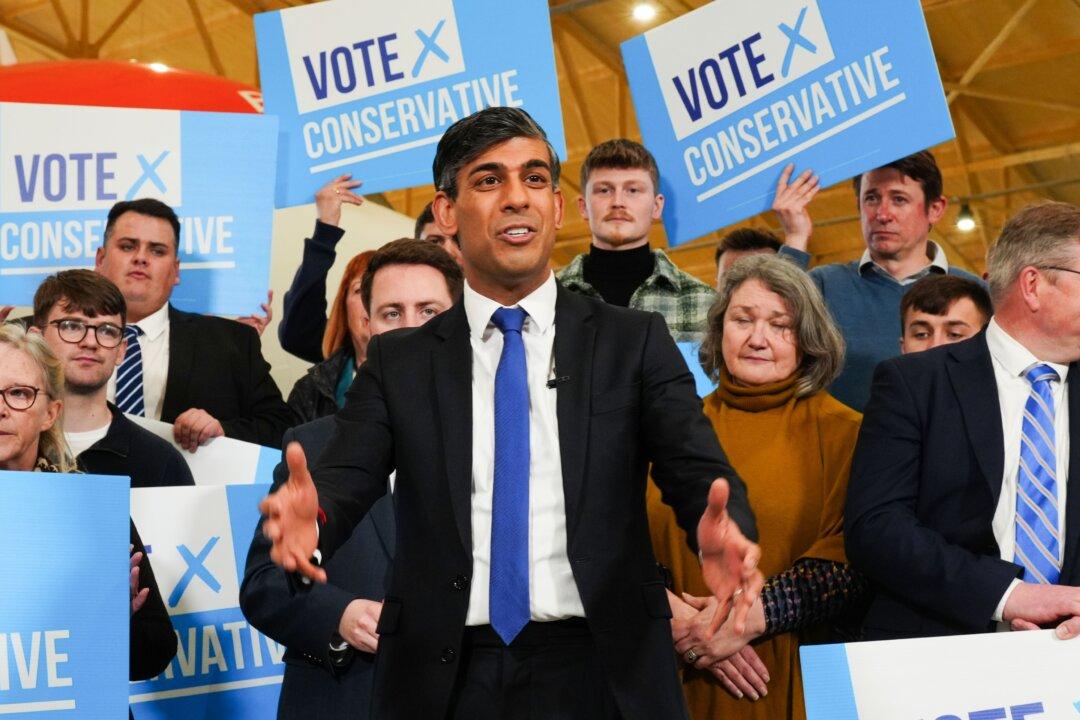Benjamin Netanyahu was sworn in as Israel’s prime minister again on Thursday in a comeback at the head of a conservative cabinet.
The 73-year-old political veteran, who is on trial for graft charges he denies, heads a bloc of conservative and religious parties, which secured a parliamentary majority in a Nov. 1 election after a tumultuous couple of years where no parties were able to consolidate a clear electoral victory, leading to a number of repeated elections.




